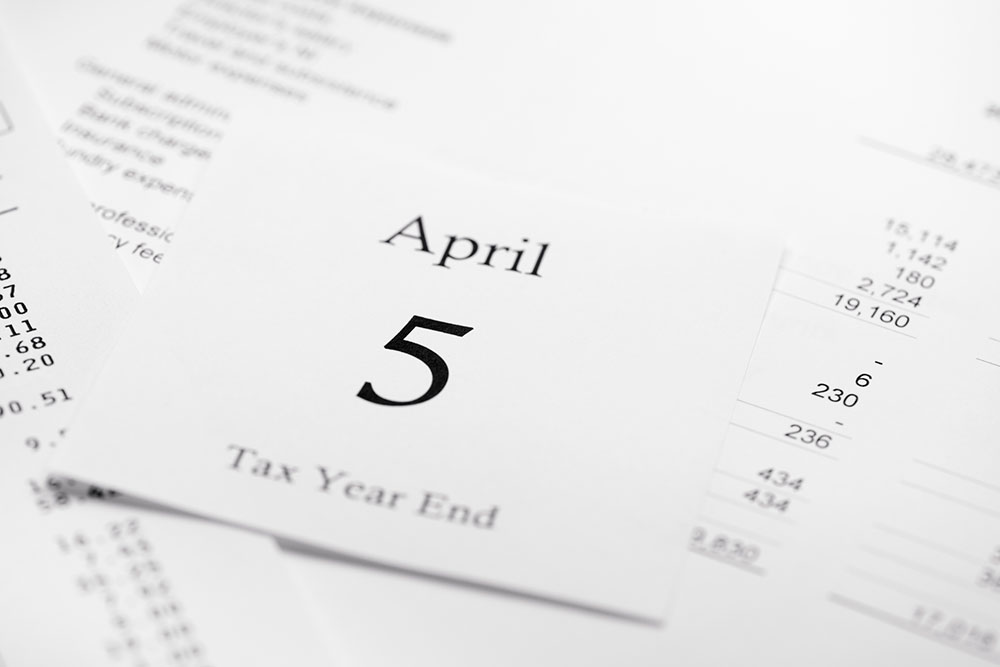How to achieve financial stability in 2025
Did you know that nearly one-third of UK workers are living month-to-month? The statistic is also reflected amongst those earning over £100,000 due to the cost of living “squeeze”.
Financial stability is all about living life on your own terms. You are not plagued by endless worries about how you will pay the next bill. In short, it means peace of mind around money.
How can you achieve more of this in your life? Below, our Grantham financial planners offer some tips to help UK households gain more financial stability in 2025.
#1 Review your expenses
Many people experience a “financial hangover” in January. It is a longer month (meaning a longer wait until payday), and households typically spend £713 more in December – often leaving a hole in their savings.
The new year is a good time to regain some financial control. Review your bank statements and consider where you may be spending money needlessly. Budgeting apps (e.g. Monzo or Yolt) might be helpful to some people. Others prefer a pen and paper.
Unused gym memberships or streaming platforms can be a hidden drain on personal finances. Moreover, overspending is a problem for many people (e.g. at the supermarket). Here, you can use price comparison tools, like Honey or Trolley.co.uk, to do smarter shopping.
Cutting needless expenses can allow individuals to rebuild their short-term savings, ready for a rainy day. Our Grantham financial planners usually suggest storing up 3-6 months’ worth of living expenses in an emergency fund (e.g. an easy-access savings account with a competitive interest rate).
#2 Minimise debt
In December 2024, analysts were alarmed to discover that 48% of British adults planned to use credit cards to fund their Christmas spending. Naturally, high-interest debts can be detrimental to your financial stability. Paying these down (sensibly) will help restore some balance.
Another key area to consider is your mortgage. Whilst this is not widely considered “bad debt” (as it is linked to an asset), a mortgage is typically the biggest monthly expense faced by UK homeowners. If there are ways to lower your repayments, it could make a big difference to your financial stability.
For instance, if you are approaching the end of your fixed-term mortgage, are you planning to remortgage with your existing provider simply? Could a better deal be found elsewhere? Would it help to move to a fixed-rate deal if the interest rate is lower (for those on a variable deal)?
For specific answers tailored to your goals and situation, consider seeking financial advice.
#3 Check your tax plan
Although precise figures are not apparent, most British people are likely not taking full advantage of their tax allowances (in the opinion of our financial planners). It may help to see taxes as an “expense”. So, reducing their effect could put more money back in your pocket.
For instance, if you have savings, are you optimised for the Personal Savings Allowance (PSA)? Doing so could help reduce tax on your interest.
In 2024-25, a basic rate taxpayer gets a PSA of £1,000 per year. For someone on the higher rate, this tax-free threshold is lowered to £500.
Consider how you can use allowances like this for strategic effect. For example, do you need to hold your cash savings in a Cash ISA if your annual interest is below your PSA? Here, an adviser might suggest moving the money into regular savings to free up the ISA allowance for more productive assets (e.g. equities and/or bonds in a Stocks & Shares ISA).
For couples, are you working together to minimise the tax liability of your household? A case in point is capital gains tax (CGT), which applies when someone sells specific chargeable assets at a profit.
A UK taxpayer gets a £3,000 CGT-free allowance each tax year, and spouses (and civil partners) can transfer assets between each other without a CGT charge. This can open some interesting tax-planing opportunities.
For instance, if one person has fully used their CGT allowance for 2024-25, a financial adviser may suggest moving certain assets to the other person (e.g. shares that the couple wanted to sell). The receiver of the shares can then use their CGT allowance to sell them.
#4 Review your long-term plan
Financial stability is not just about the here and now. It is also important to build your wealth and plan for retirement (whatever that looks like for you).
Re-check your pension contributions and remember your long-term goals. Are you still on track to achieve the retirement income and lifestyle you want? Review your investments and make sure you are still happy with them.
Working with a financial adviser can be a great way to ensure you follow the time-honoured principles of investing (e.g. balancing risk, diversification etc.). It can also help integrate your pension with other areas of your financial plan – e.g. using a pension to mitigate taxes.
If you’d like to make sure you’re taking the right steps to safeguard your financial future, please get in touch.












